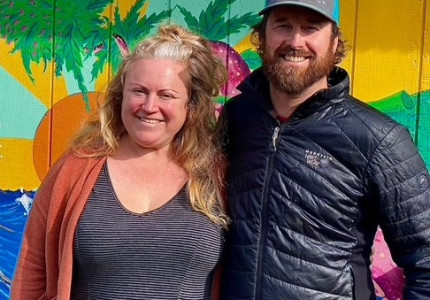Mendocino County doesn’t boast many surfer/farmers, but Jed Davis, who grew up in Pismo Beach, California personifies one of the most beloved of the cannabis subcultures.
“Growing up, we used to ride horses to the beach and surf,” Jed smiles. Following college in San Diego, Jed ran a surf camp in Baja. He’s always loved the country, and one of his lifelong goals was to raise his family in a rural setting.
“As my hometown grew, I moved to Mendocino in 2001. I bought our property in Potter Valley in 2005. We were going to grow for a few years and travel around the world, but our first child decided he wanted to join my wife and I on this planet, and thus our family was started,” Jed smiles. “We raised our children on the land.” Their property, located east of Potter Valley is perfect for moongazing, which means it’s also perfect for cannabis.
Jed enrolled in the county’s 9.31 cultivation program. He also had a dispensary in San Diego. He was a partner in One Earth Funding Mortgage Company, a Willits-based business for helping farmers acquire funds to purchase land.
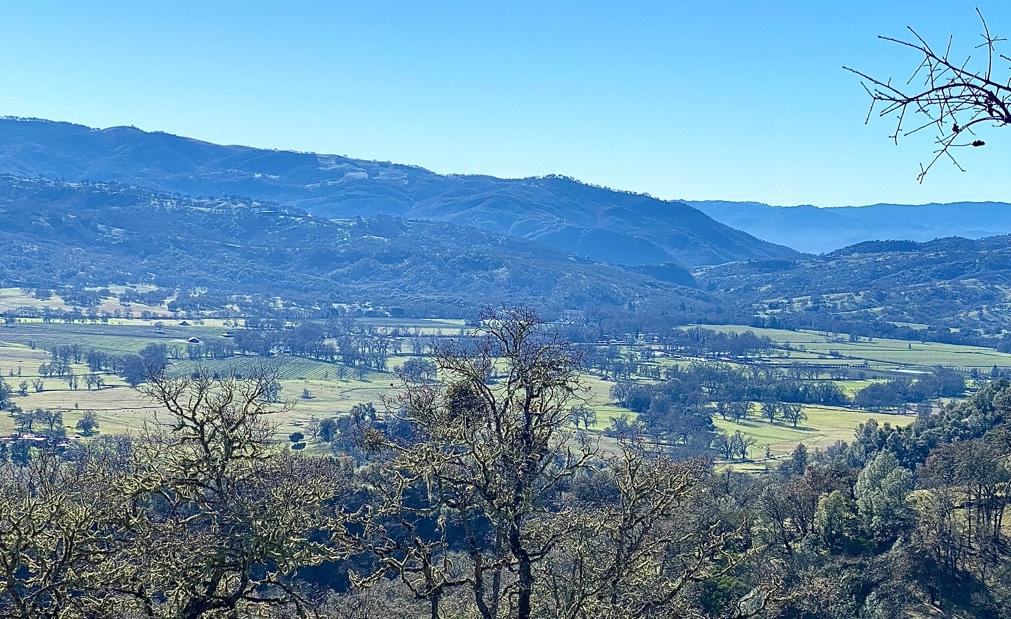 “One of my mortgage partners attracted federal attention. The feds raided my property and 20 others. Basically if you knew him, you got raided.” The investigation dragged on for five years. During that time, Jed continued to farm and operate his dispensary.
“One of my mortgage partners attracted federal attention. The feds raided my property and 20 others. Basically if you knew him, you got raided.” The investigation dragged on for five years. During that time, Jed continued to farm and operate his dispensary.
Jed enrolled in the county’s 9.31 cultivation program. He also had a dispensary in San Diego. He was a partner in One Earth Funding Mortgage Company, a Willits-based business for helping farmers acquire funds to purchase land.
“One of my mortgage partners attracted federal attention. The feds raided my property and 20 others. Basically if you knew him, you got raided.” The investigation dragged on for five years. During that time, Jed continued to farm and operate his dispensary.
Jed has never been one stay silent or back down from a squabble.
“I was involved with the County Board of Supervisors since the very beginning. I organized sit-downs with cultivators and supervisors and gave lots of public comment. My overarching message was that the county’s cannabis program has been a failure- by any standard. There are just too many barriers to entry. Make it easy to get a license: ‘We want to know who you are, where you are growing, test your product, have you pay taxes and here’s your license. We will give you five years to bring your buildings and other aspects of your business into compliance.’ If that’s how it worked, people would actually get their licenses. Instead, it is so difficult and so costly that very few people are capable or willing to go through the licensing process.”
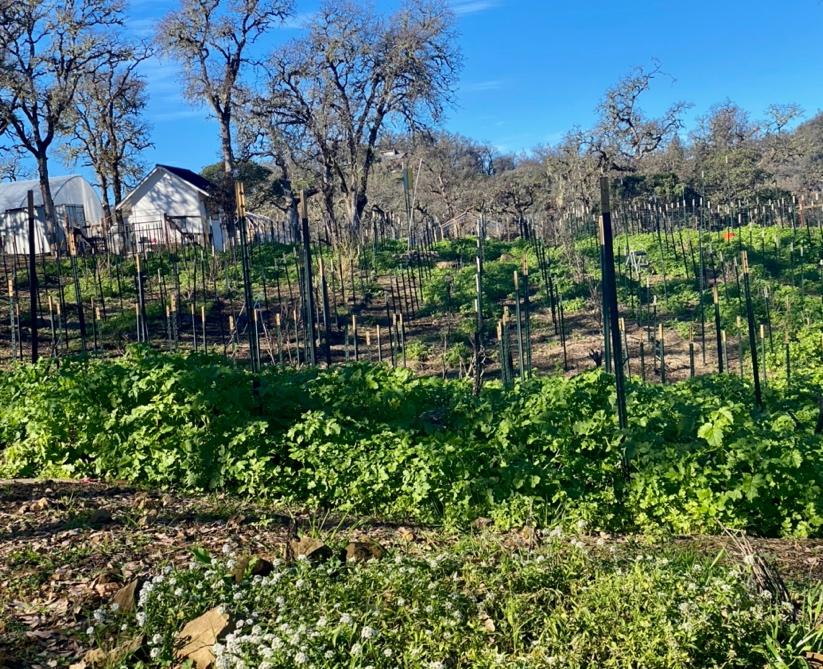 “After I got busted, I fell behind on my mortgage, but I managed to fight off foreclosure. I sued US bank and managed to keep my property. I found fraudulent documents that were recorded at the County’s Recorders office that invalidated the mortgage company’s claim to my property. Occupy Mendocino supported me in presenting these documents to the Supervisors, the DA, and the Sheriffs. I also presented them to Kamala Harris when she was Attorney General. There are millions of homes that were taken from homeowners during the 2008 mortgage crisis, where the banks had no right to do so because the documents they were relying on were fraudulent.”
“After I got busted, I fell behind on my mortgage, but I managed to fight off foreclosure. I sued US bank and managed to keep my property. I found fraudulent documents that were recorded at the County’s Recorders office that invalidated the mortgage company’s claim to my property. Occupy Mendocino supported me in presenting these documents to the Supervisors, the DA, and the Sheriffs. I also presented them to Kamala Harris when she was Attorney General. There are millions of homes that were taken from homeowners during the 2008 mortgage crisis, where the banks had no right to do so because the documents they were relying on were fraudulent.”
With the brilliant assistance of attorney Chris Neary, Jed’s legal journey took him to the California Court of Appeals. “I ended up losing the case because the banks had the judges convinced that homeowners are just trying to get a free home. They used legal technicalities to avoid the fact that they are the ones stealing and are keep us from presenting this information in court. The bank knew what I had on them: that I had proven, false and forged documents. I managed keep my home but was unable to get a ruling that would help millions of other homeowners. I decided to step back and focus on what I wanted to create. No matter how much truth you bring to the table, you get squashed.”
Once the statute of limitations from being busted ran out, Jed returned to cannabis. But during that period, the per-pound price had plummeted. “I came from the time when we were getting $3,500 for greenhouse-grown weed. I watched the price go down and down. I didn’t want to compete with the influx of people joining the Green Rush, so I decided to do clones instead of flower.”
 Then, just as things were looking up, Jed endured additional setbacks.
Then, just as things were looking up, Jed endured additional setbacks.
“During the Redwood Valley Complex Fire, we lost power for a week. We lost 20,000 clones. Then, we had the Ranch Fire. I watched that thing start from my hill. We were evacuated for three weeks. That was the nail in the coffin and my partner moved back to San Diego.”
Luckily, Jed found a new partner eager to develop the flower side of the farm. “We decided to expand from clones and mothers and produce flowers. I went through all the shucking and jiving with the regulations to become compliant. Here we are again,” Jed smiles.
“My farm partner is an all-star. He’s incredibly intuitive with plants, can build or fix anything. He’s a real MacGyver.”
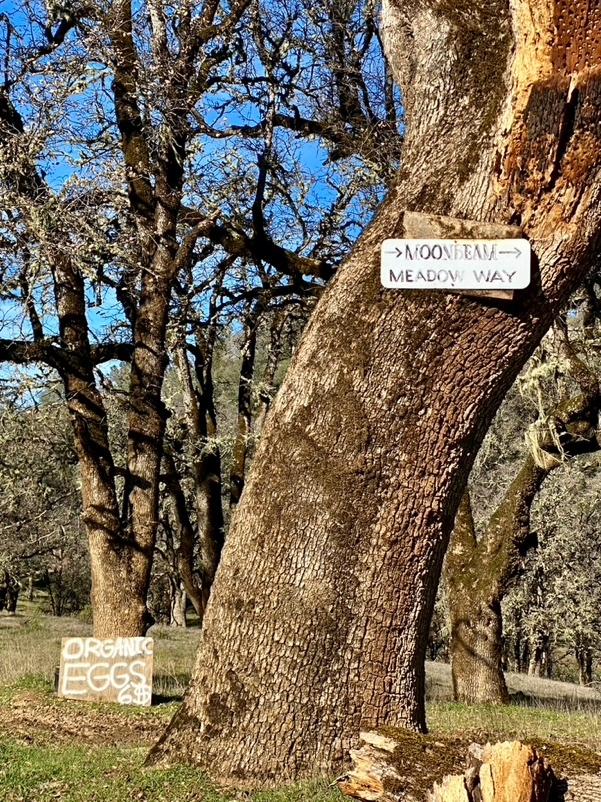 The success of Mendocino Clone Company became the saving grace for the farm. “Originally the clone company tried not to chase trends. We focused solely on gassy strains, OG’s. But we had to shift over the past two years and offer what people wanted, because at the moment, gas is not the thing. It must have color, too. Clones got us through the past few years.”
The success of Mendocino Clone Company became the saving grace for the farm. “Originally the clone company tried not to chase trends. We focused solely on gassy strains, OG’s. But we had to shift over the past two years and offer what people wanted, because at the moment, gas is not the thing. It must have color, too. Clones got us through the past few years.”
For flower, Jed grows in the ground.
“We built the soil and built the beds. We started out with bare earth and picked out all the rocks. Then we created 5-foot wide, 100-foot rows. We backfill with two custom-blends of organic compost, building the tops with sheet mulching.” Jed does both green and black mulching throughout the year and adds compost rings around each plant.
The farm employs hügelkultur raised bed terraces. “We took whole, intact logs into one above-ground garden and created swales to catch water. It’s using gravity to your advantage. You can get very creative,” he smiles.
Jed’s cover crops include mustard, radishes, clover, brassicas, vetch, favas and sweet alyssum.
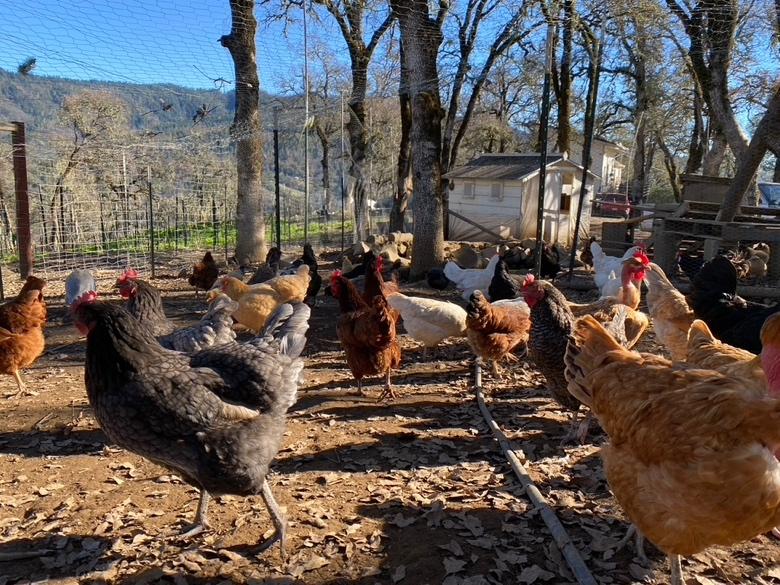 “We employ an integrated pest management system and brew live culture teas, staying away from things sold in bags and jugs. We’re introducing biology- lactic acid bacillus from fermenting milks and other cultures, mushroom inoculants and other plants to interest friendly predator bugs until their food of choice comes around. We add yards of chicken manure into our compost pile and distribute it in throughout the whole farm- attracting certain birds, caterpillars, moths and flies. It’s all about balance.”
“We employ an integrated pest management system and brew live culture teas, staying away from things sold in bags and jugs. We’re introducing biology- lactic acid bacillus from fermenting milks and other cultures, mushroom inoculants and other plants to interest friendly predator bugs until their food of choice comes around. We add yards of chicken manure into our compost pile and distribute it in throughout the whole farm- attracting certain birds, caterpillars, moths and flies. It’s all about balance.”
ed appreciates strains created by River Txai Farm in Redwood Valley.
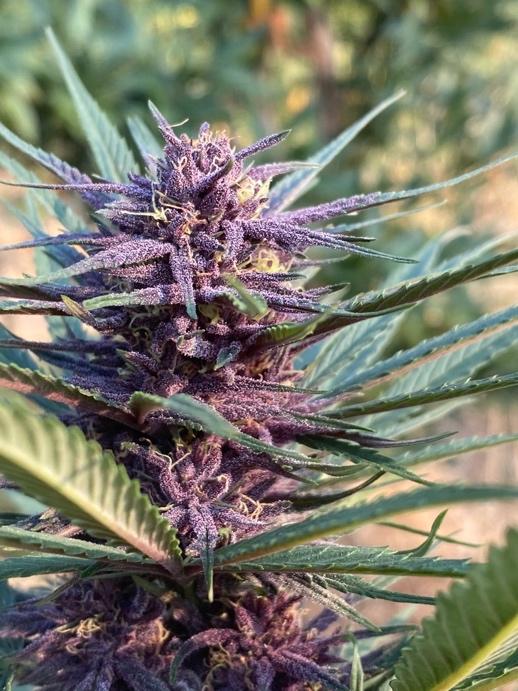 “We like the Jedi Nights, the Lemon Head, and the Blueberry Afghan. Sun Roots’ Velvet Purps is also amazing. That is the one we entered into the Kure Invitational. I’m very impressed by the Covelo local strains. I’ve never been a fan of growing hype strains. I’m using them to breed off of because I’ve got to pay the bills,” he smiles. “I’m more attracted to tried-and-true classics. I don’t want our heritage strains to be forgotten. I’m happy to work with other farmers I respect.”
“We like the Jedi Nights, the Lemon Head, and the Blueberry Afghan. Sun Roots’ Velvet Purps is also amazing. That is the one we entered into the Kure Invitational. I’m very impressed by the Covelo local strains. I’ve never been a fan of growing hype strains. I’m using them to breed off of because I’ve got to pay the bills,” he smiles. “I’m more attracted to tried-and-true classics. I don’t want our heritage strains to be forgotten. I’m happy to work with other farmers I respect.”
“The regulators look at us like we’re all lying- especially those of us who are working the program. One of my comments to the Supervisors: you’re regulating us like we’re still an illicit market. The whole notion of cameras and security guards- stuff that we shouldn’t have to worry about. You’re perpetuating the black market because you’re overregulating us.”
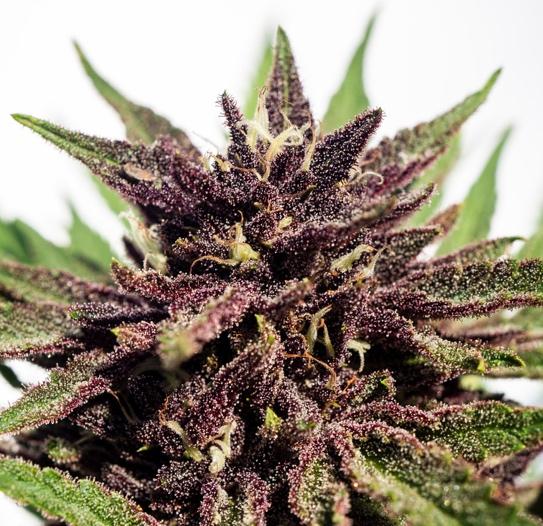 “For so many of us, this was not just about making money, it was about being part of the community. Smoking joints, meeting like-minded friends, soul mates, sharing music and ideas. Cannabis is the international friend maker,” he smiles.
“For so many of us, this was not just about making money, it was about being part of the community. Smoking joints, meeting like-minded friends, soul mates, sharing music and ideas. Cannabis is the international friend maker,” he smiles.
“I wanted to do the right thing, be legit. I knew Prop 64 would shoot me in the foot, but I’ve never believed people should rot in jail while others are profiting. That continues to be a nightmare.”
Like so many of his colleagues, Jed believes consumer education must improve. “If people were educated, their purchases would be different.”
“We’re the resistance. People who pay to play must play by the rules. But because we’re operating by their rules, any time they want to change them, we all have to change. Then you’re under pressure, trying to think like them. Then we’re not farmers. We’re hoop-jumpers- part of this crazy circus act. I’d rather enjoy watching the circus, not being part of it,” he smiles.
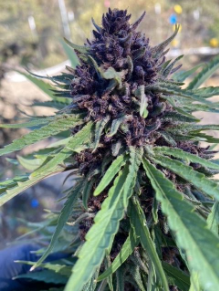 Jed is vocal about the loss of small-farm income. “200,000-plus people in California who were making a decent living during Proposition 215- trimmers, bedroom growers, small-scale edible and tincture makers- none of those people were becoming millionaires, but they were contributing to the economy and supporting their communities in ways that aren’t possible anymore.”
Jed is vocal about the loss of small-farm income. “200,000-plus people in California who were making a decent living during Proposition 215- trimmers, bedroom growers, small-scale edible and tincture makers- none of those people were becoming millionaires, but they were contributing to the economy and supporting their communities in ways that aren’t possible anymore.”
Jed is in the formative stages of developing a new company- Mendocino Seed Supply.
“We receive calls from all over the world regarding the clone company. I wanted to create a seed bank that will carry the genetics of all these talented breeders we have here in Mendo who have held onto legacy strains. Everyone turns to Mendo for genetics. We want to be the on-ramp for breeders to get their stuff out there.”
Jed has seen his share of what the media calls “medical miracles,” and what many cannabis farmers call “the plant.”
“We’re farming for all the medicine going out to consumers. We’re taking the weight for all the patients. I like to think about how many people’s days I’ve made better from every pound that goes out. It’s that fight that keeps me going.”
Moonbeam Meadow entered Velvet Purps in the Kure Mendocino Invitational. Visit them on Instagram and at their website.


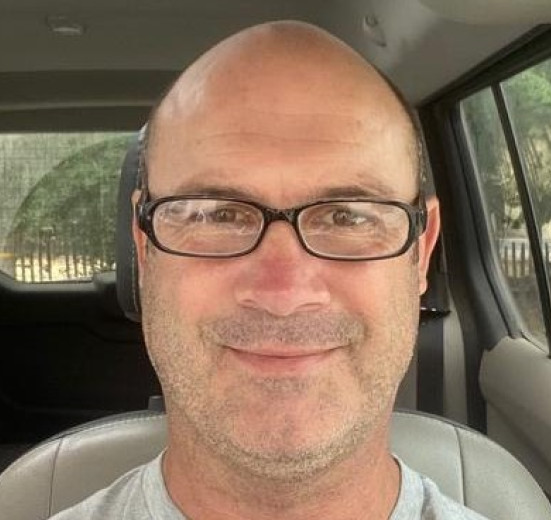

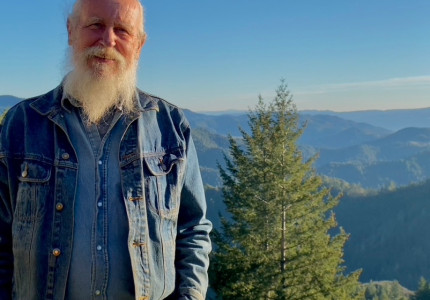
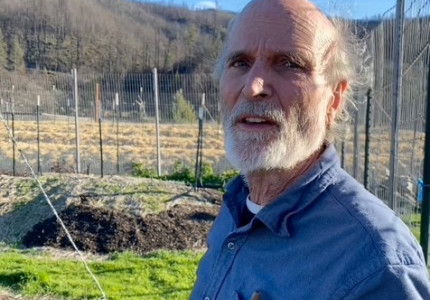
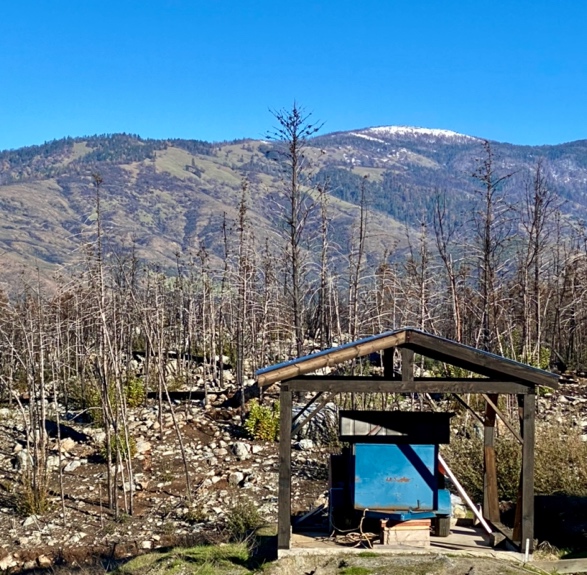 “I’ve only quit smoking three times since 1964,” he smiles.
“I’ve only quit smoking three times since 1964,” he smiles.